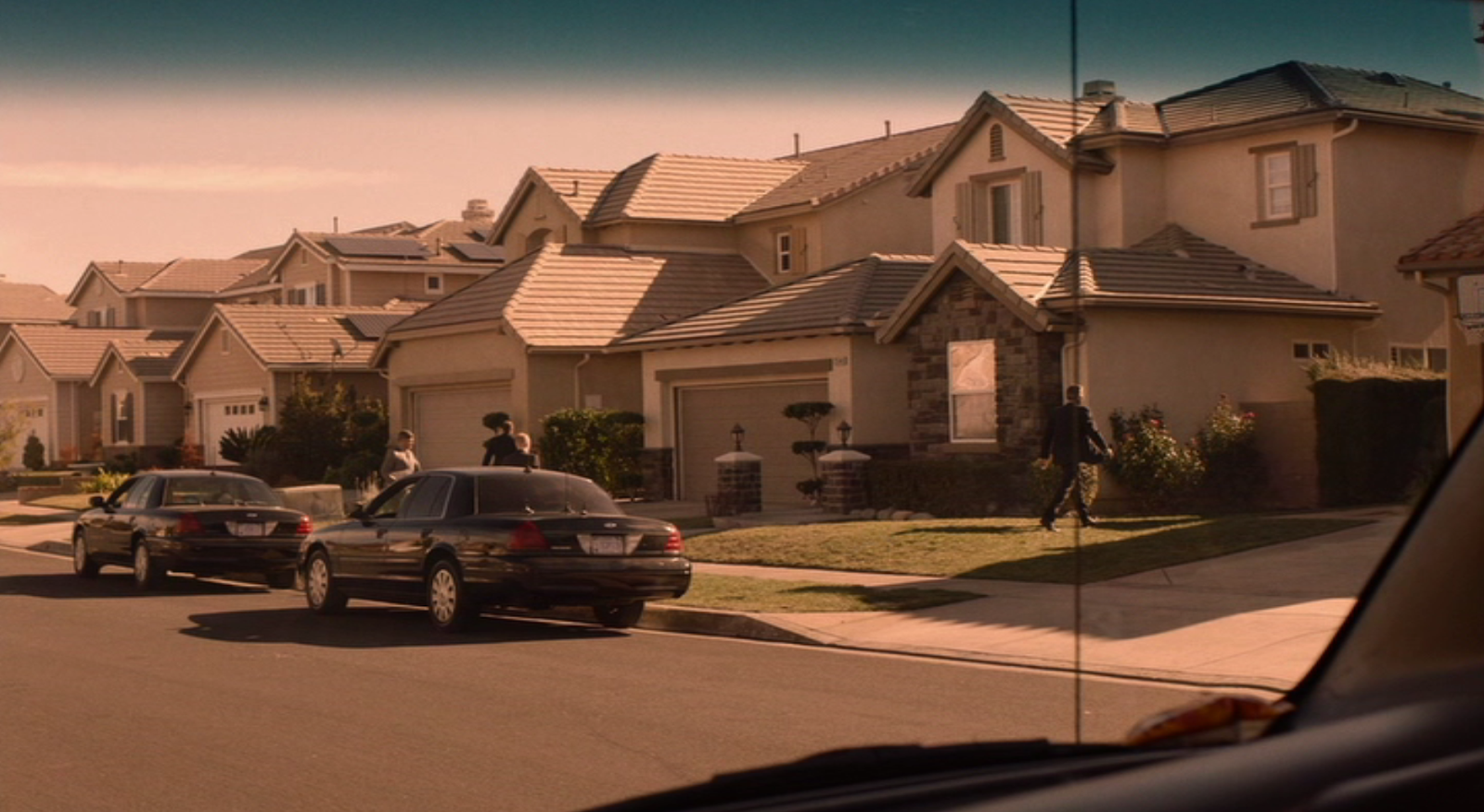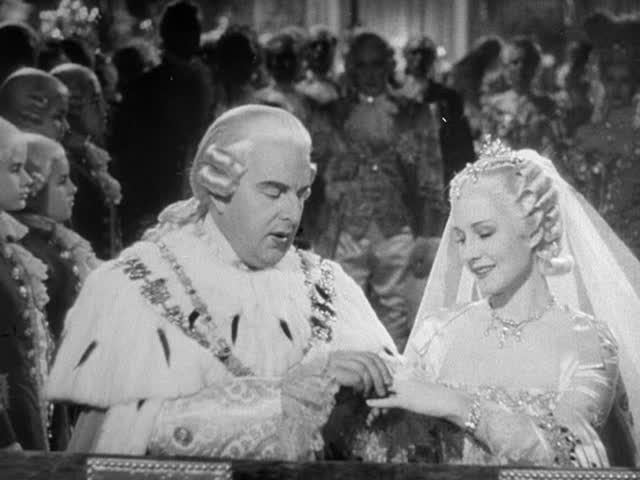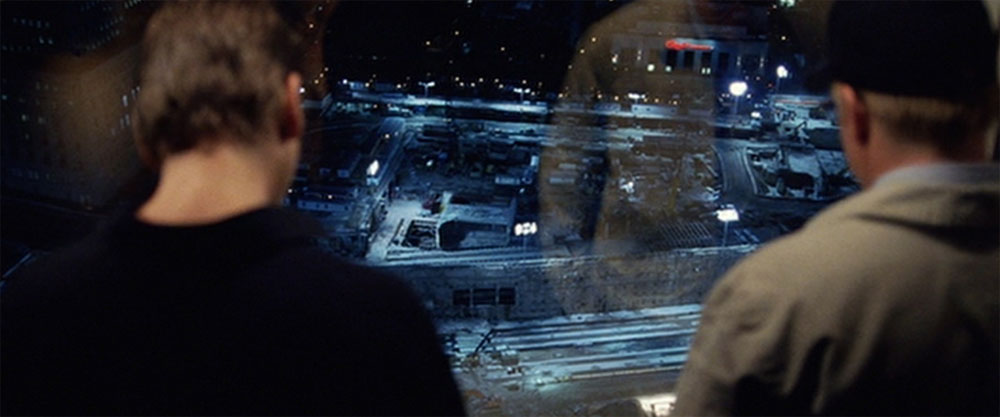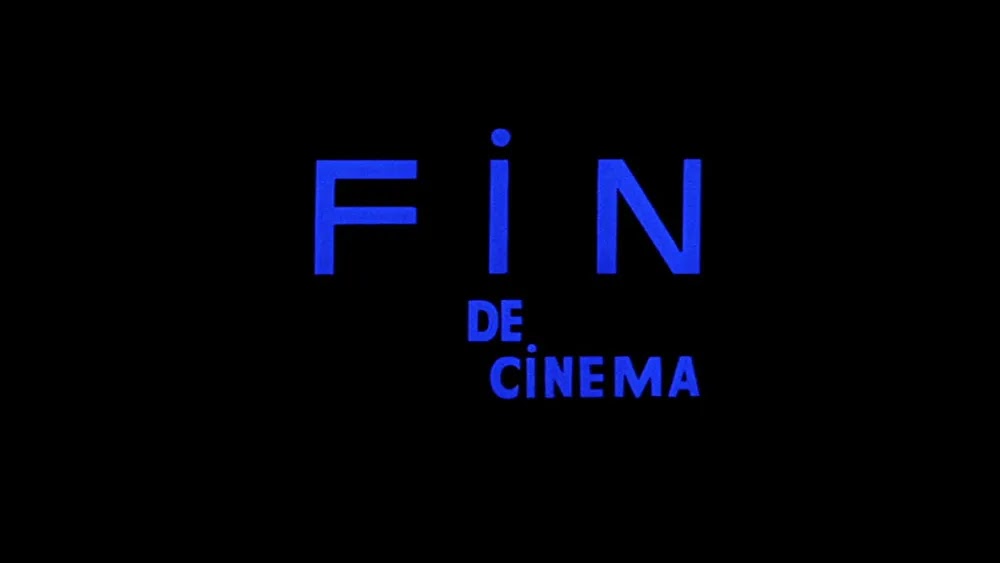"The Unseen" is a series in which I watch popular films for the first time. The list, which moves backwards in time, is based on the highest-ranked film I've never seen each year on Letterboxd (as of April 2018). Scott Pilgrim vs. the World was #4 for 2010.
The Story: Scott Pilgrim lives across the street from the house he grew up in, although we never meet his parents. His world, the world the title tells us he'll be fighting (though he looks awfully passive when we meet him), consists of practice sessions for his garage rock band Sex Bob-Omb; pep talks - or helpful negging - from sister Stacey (Anna Kendrick) over the phone or roommate Wallace Wells (Kieran Culkin) in the basement flat where Wells brings a rotating cast of male hook-ups; gigs performed or attended in little Toronto clubs or, when a competition occasionally calls, swallowed up in a more massive venue; and walks through lonely, steep city parks on snowy nights, ideally with a girl he loves. At first, that girl is ostensibly Knives Chau (Ellen Wong), whose problematic age - seventeen (he's twenty-two) - provides the film's first line of dialogue. However, their companionship is chaste, more of a crush that Scott indulges while brooding over his ex, rising pop star Envy Adams (Brie Larson) and, before long, pining after his literal dream girl, pink-haired Amazon delivery woman Ramona Flowers (Mary Elizabeth Winstead) who arrives in Canada from New York with baggage that Scott will spend the rest of the film unpacking.
Scott's dates with Ramona (even though he has yet to break up with Knives) end up devolving into fantastical battles with all of her exes. This is not a film which concerns itself with realism, creating an alternate universe with its own rules, or delineating between what is and isn't imagined by the protagonist. Rather, some already exaggerated semblance of everyday existence breaks open for a few minutes - sometimes just a second or two - and then returns to normal without comment or sideways glance. Think of the fight scenes as song-and-dance sequences in a musical; Wright himself quite explicitly did, and several battles double as both. First on the docket is Matthew Patel (Satya Bhaba) in a flamboyant Bollywood showdown. Next up the vain Hollywood action star Lucas Lee (Chris Evans in what appears to be prosthetic chin and...eyebrows?) unleashes not only his own muscled fury but that of his stuntmen on poor, spindly Scott. He's finally undone by his own vanity, attempting a deadly skating trick on a long, snaking stair rail down a hill. Likewise, supervegan Todd Ingram (Brandon Routh) is betrayed when he accidentally breaks his own dietary code. Roxy Richter (Mae Whitman), Ramona's "bi-furious" former girlfriend, must be defeated by Ramona herself - only she knows the lover's weak spot - while Scott's own unique skills equip him to take down both of the Katayanagi twins (Shoto and Keita Saito), electronic music whizzes facing off against Scott's crunchy punk guitar in a battle of the bands.
Finally, Scott's strongest opponent turns out to be the music industry impresario Gideon Graves (Jason Schwartzman), the ex-boyfriend with the strongest hold over Ramona - literally; he's implanted a mind-control chip inside of her - and the most power to wield over Scott as threat and enticement. All of these battles unfold with video game effects from bright flashes of light to cascading coins, leading to the climactic confrontation with Gideon in which Ramona and Knives clash alongside and against Scott, as well as with one another. But is Gideon the final boss Scott must face? Or is the final boss Scott himself?






















